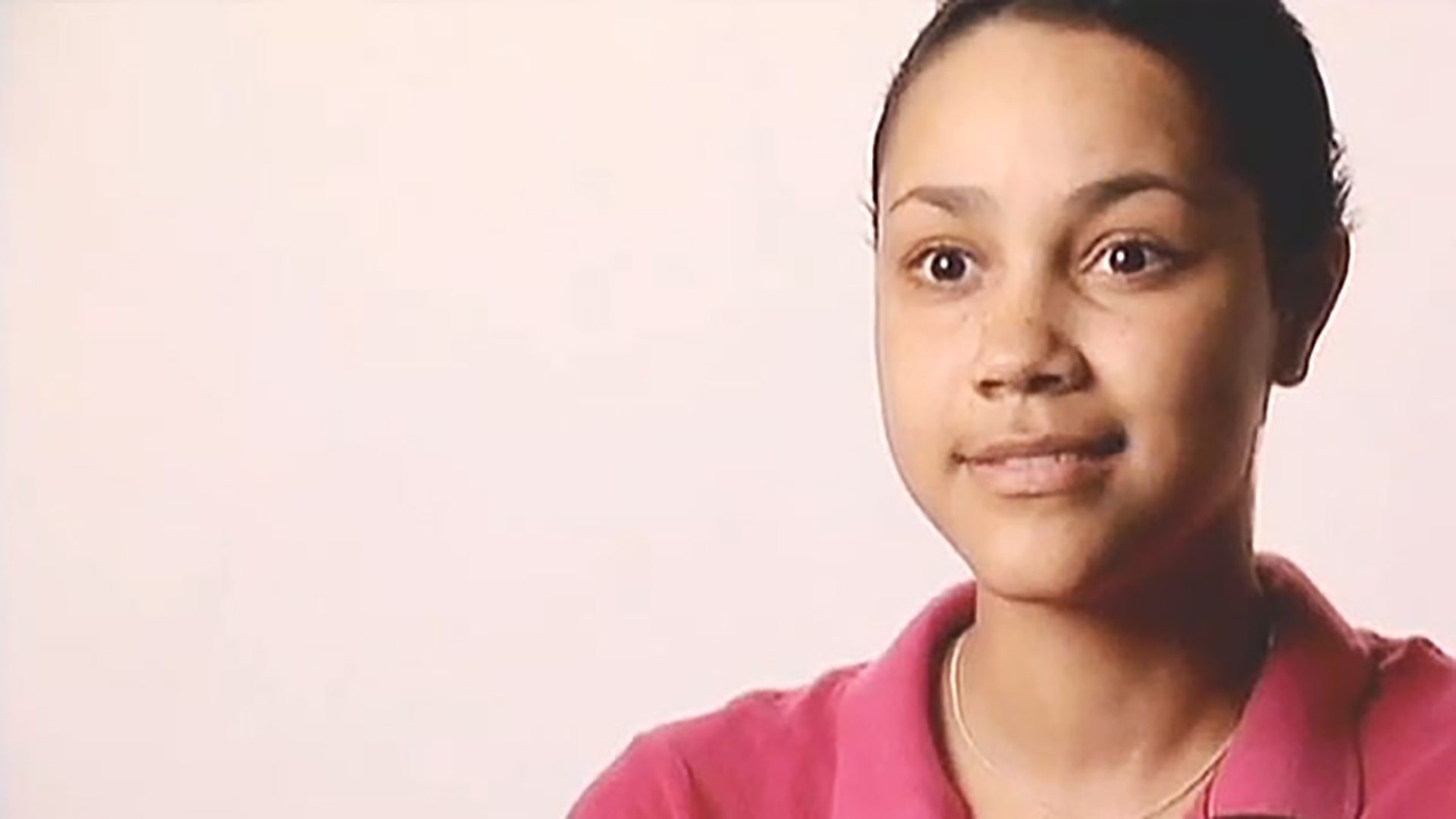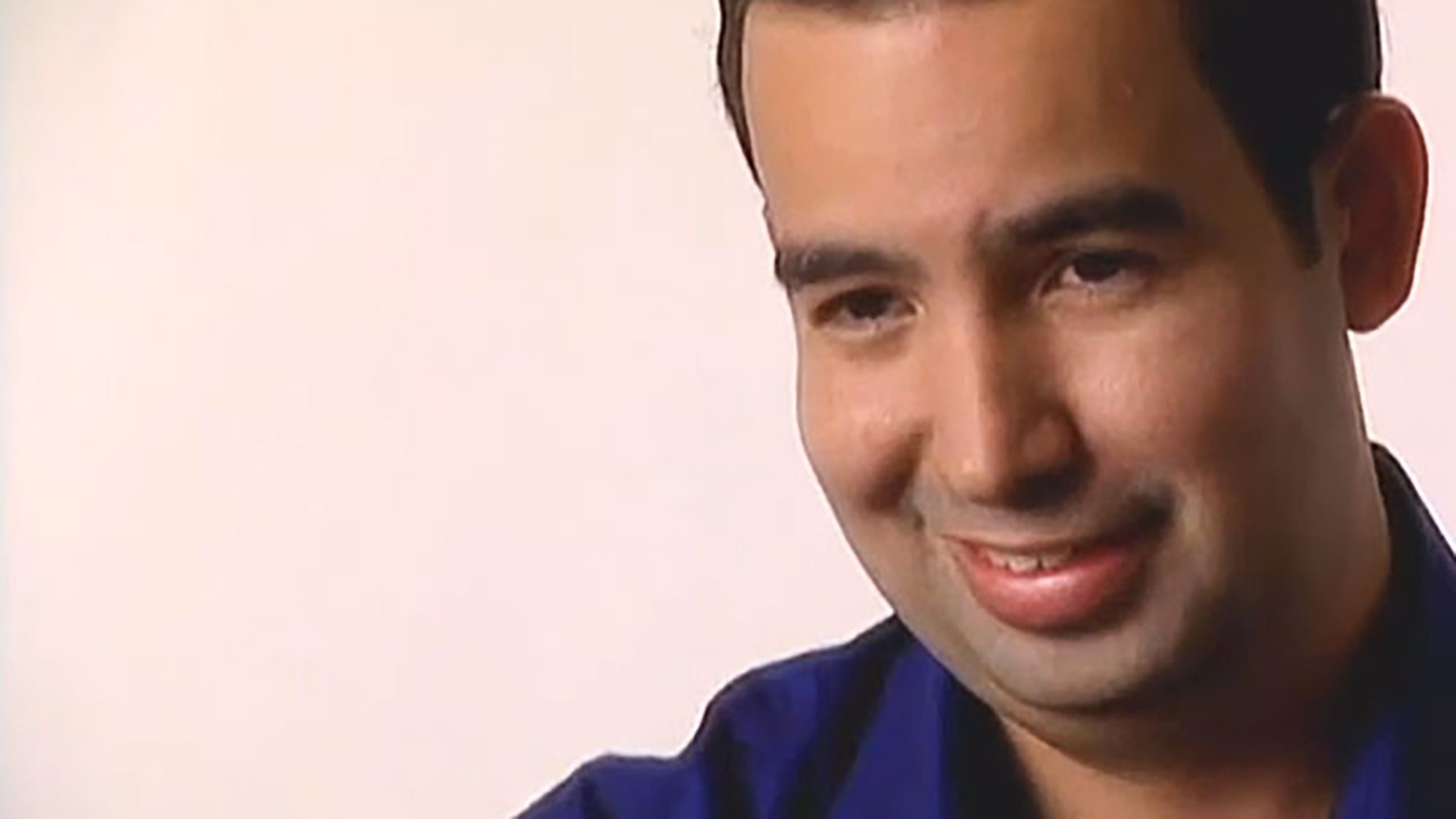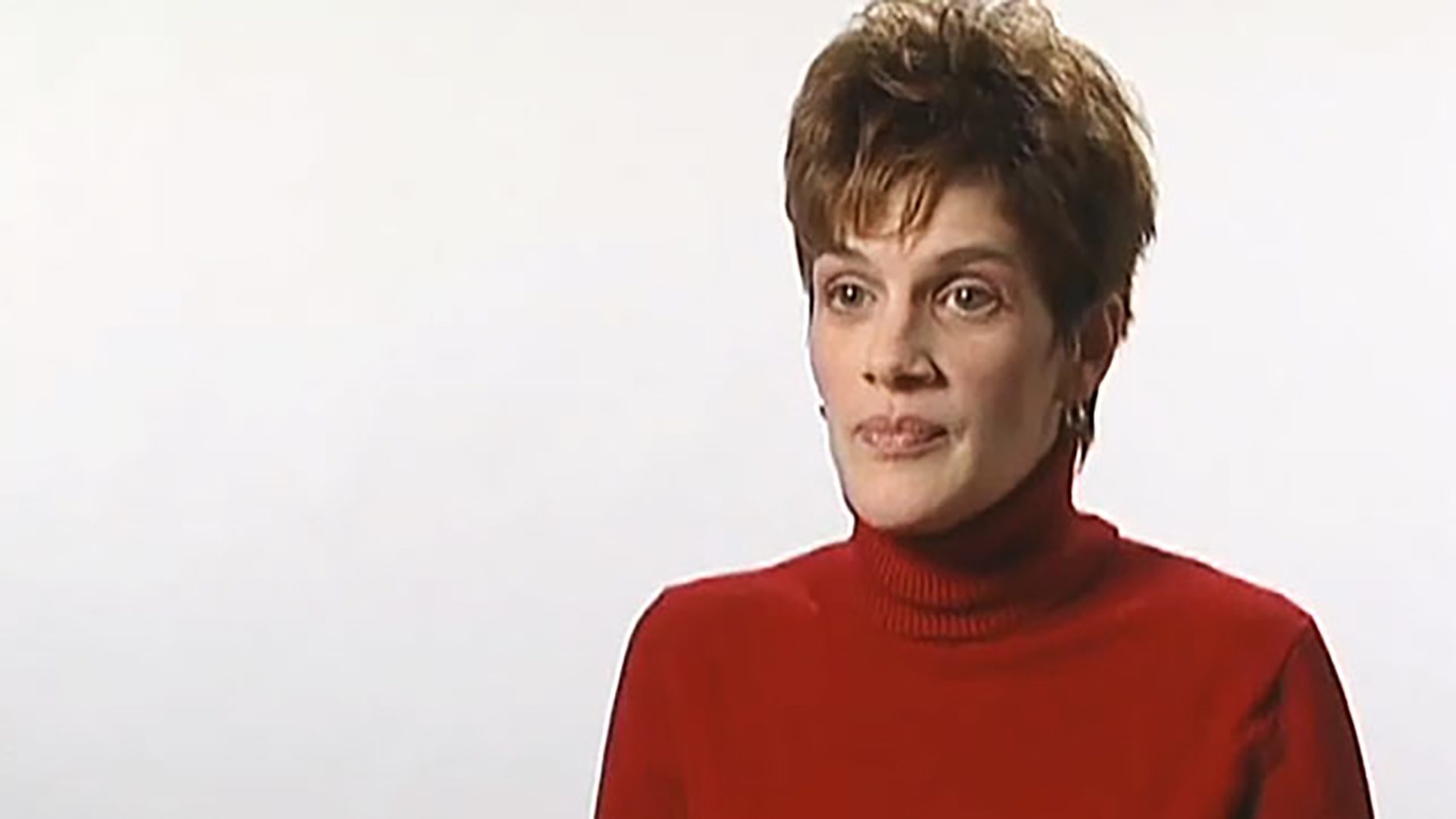Survivor Interview – Christie C.
Christie talks about her neuroblastoma diagnosis, her emotional support system, health insurance and paying for medical bills, hope, and faith.

I haven’t been in school for a year. I used to exercise a lot. I used to be in sports. I don’t do that anymore. It takes everything I have just to get up and do things I do now, which is hang out in the house and read, sometimes go volunteer, stuff like that.
I think for a lot of people that are diagnosed with cancer, it happens so fast. In most cases, it’s serious and you don’t have time to stop and think, “Okay, well, I’m 23 years old, and I want to have kids one day, and, you know, I want to freeze my eggs.” I did not get that luxury, as a lot of people don’t. I had to start chemotherapy right away. It wasn’t something that we talked about. I don’t really talk about it now, because there’s nothing I can do about it now. I just hope and pray that my ability to be able to have kids comes back.
A couple of days before I was diagnosed, when I was having all the chest pain, I went to the Student Services building at my college, and I was supposed to go that day and get my student insurance, so that the next day I could go to the doctor to figure out what was wrong. But I was in so much pain that instead of going there, I went to the office across the hall to the doctor, and when she couldn’t figure out what was wrong and she thought I’d need more tests, she said, “It’d probably be a good idea if you got student insurance today, so that it’d be effective today.” So I kind of lucked into it and was able to go across the hall right after my doctor’s appointment and get it. And then, of course, a couple of days later when they told me I needed to get the CT scans done and stuff, I had it.
Because I was a student still, it was able to cover my bills, which that in itself took forever for them to pay for all that stuff. You know, it was like they were saying it was a preexisting condition and that they weren’t gonna pay. The insurance companies balked for a really long time. So, it was a big hassle and it was stressful. I was being diagnosed with cancer, and I didn’t know if my bills were gonna get paid, and I’m not under my parents’ insurance so, yeah, it was really stressful.
A lot of organizations help people that are in need that don’t have insurance. Apply for government assistance. As much as a lot of people wouldn’t want to do that, you’d be surprised how much they help you. They’ve helped me a lot, so I would just say just keep looking. It’s a lot of papers to fill out, but it’s so worth it. You know, hundreds of thousands of dollars get paid. I would fill out ten papers if I had to.
I know that my treatment’s working and my tumor has shrunk, but it’s still kind of like everything’s so uncertain. I try not to focus on it. If I start thinking those thoughts, I immediately try to tell myself, you know, everyone’s different, everyone responds differently. My faith plays a big part in keeping me up, in that there’s a reason why I’m going through this, and the outcome of whatever it may be is not that bad. Some days I have worse days. I just try to keep a positive outlook. I surround myself with positive people, and I listen to upbeat stuff. I watch upbeat movies. That sort of thing.
I have gone to a support group. I do think it’s important to find other cancer survivors to talk to and share our stories with. I still don’t feel like I have met a lot of people that are close to my age. There was like one or two girls in there that were mid-twenties. I don’t feel like I’ve really found that many people, and I am looking. It’s just kind of a sense of camaraderie, you know? Especially if they’ve gone through it and they’re done, and they’re just in there post-treatment trying to start their life over again. It kind of gives you hope as well.
I talk to my friends if I’m feeling bad, I tell them I’m having a bad day. I pray a lot. And I listen to a lot of music. My family has been great and my closest friends have been awesome. They treat me just like the old Christie. They don’t want to sit and talk about what’s going on all the time, which I don’t want to do.
There have been a few friends that I was associated with in school that sort of disappeared. I don’t know if having a good friend with cancer, if that scares them or turns them off. You’re in your twenties and that’s about finding out who you are and going out all the time and enjoying life. You don’t want to be brought down by someone that’s sick. I’ve realized who my really, really good friends are, who’s gonna stay with me through the ups and downs.
My philosophy is, treat me like I’m normal. Unless I am obviously sick in the bathroom or something, don’t pity me. Don’t treat me like I have this bad thing going on. You know, poor pitiful her. Because that’s not how I am. I’m me. I still like to have fun. I still like to go out. Still like to hang out, you know. I’m still Christie. I still like to laugh. Like to enjoy myself. I don’t want to be treated like the sympathy person, the pitiful person, the poor person who’s sick, who has this terrible thing happening to her. I just want to be treated like the old me.
Hope and having faith that you’re gonna get better is so important. It’s a positive attitude. If I’m feeling down, I can always tell, because I feel kind of achy and I feel kind of gross. But the days — which are most days — that I feel positive and upbeat, I feel fine. I pray when I can and I’m thankful for feeling good, and I say that, and it continues on.
Survivorship is being able to live through the moment and just know what you have ahead. And being able to look back on things and say, “I survived that, you know, not only in my body, but my mind.” My personality, who I am survived that, which is a really big thing, because it can affect people emotionally in, you know, in a really sad way. And just being able to say, “Here I am. I’m still alive.”
Try to remain positive and try to stay strong, and let yourself have those bad days and cry, because it does make you feel better. And lean on the people that are important to you, your friends and your family, because it will help make it so much better. It’s not easy to do alone. So take advantage of all the people that want to help you — in a good way, of course, not in a bad way. Just appreciate every day. I mean, cancer itself may not kill you. Don’t look at being diagnosed with cancer as a life sentence. It’s not the end of your life. It just might possibly be the beginning.
I’m Christie Campbell, I’m 24 years old, and I’m a neuroblastoma survivor.

